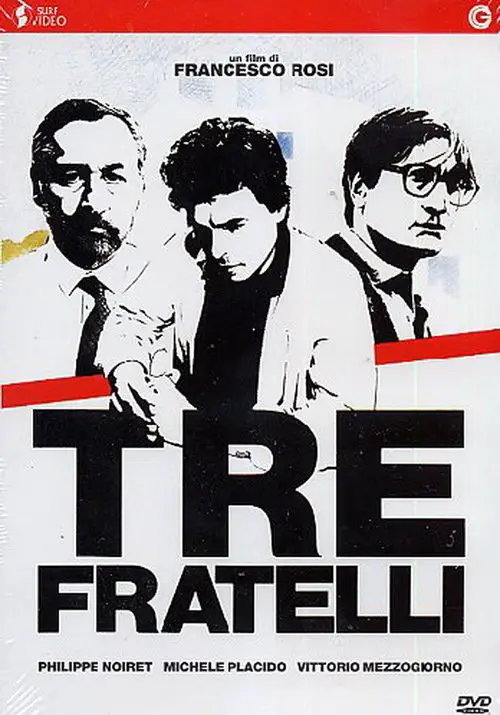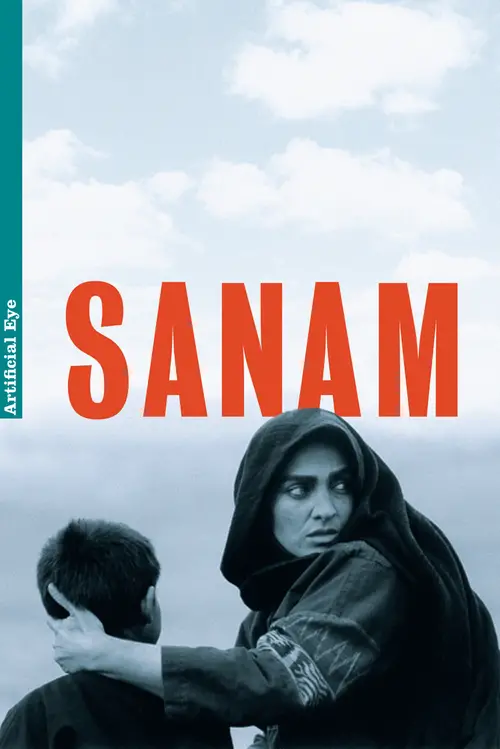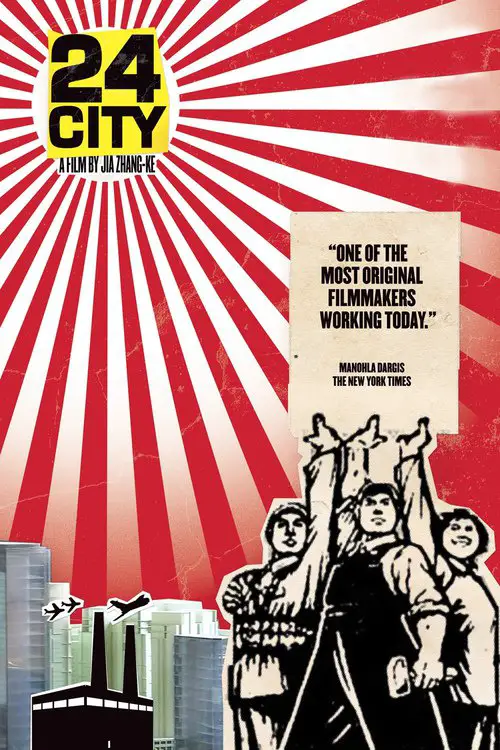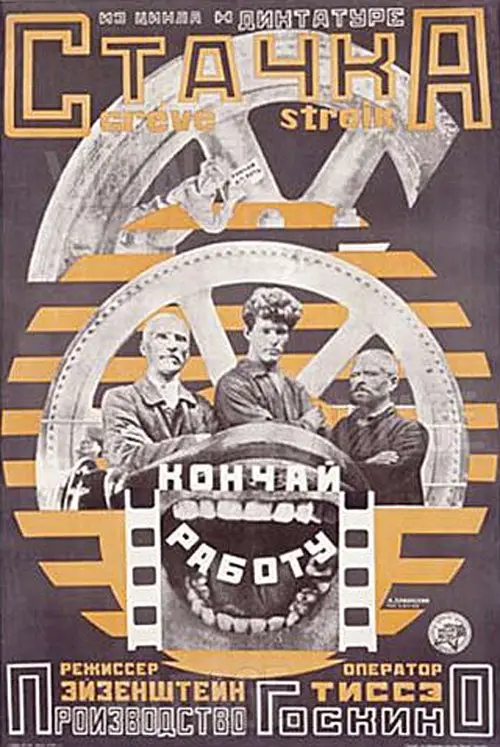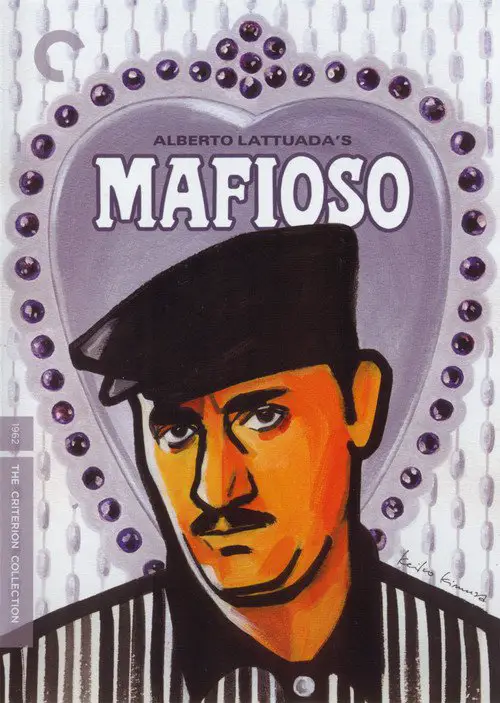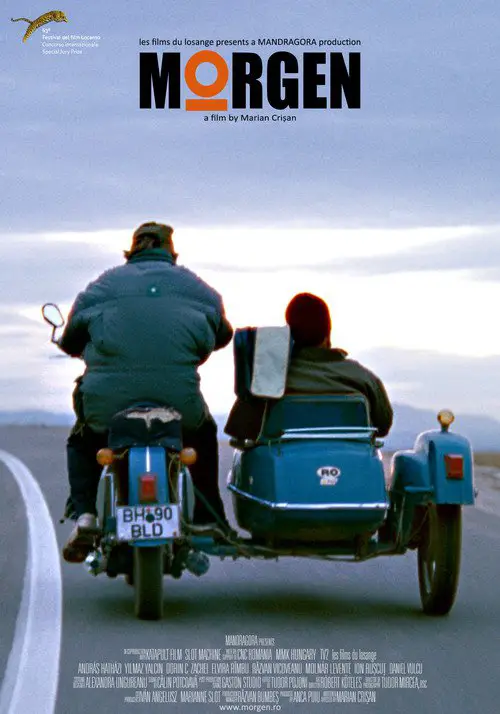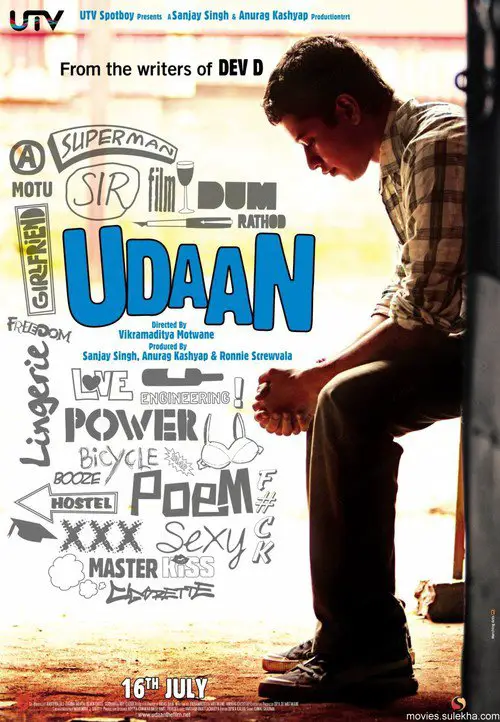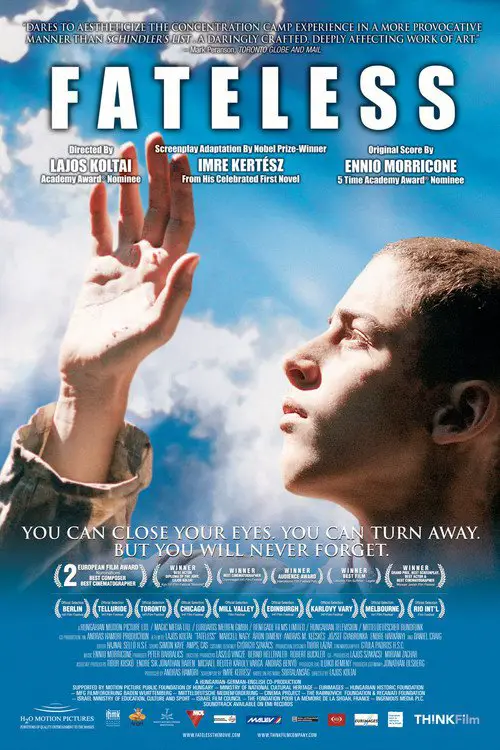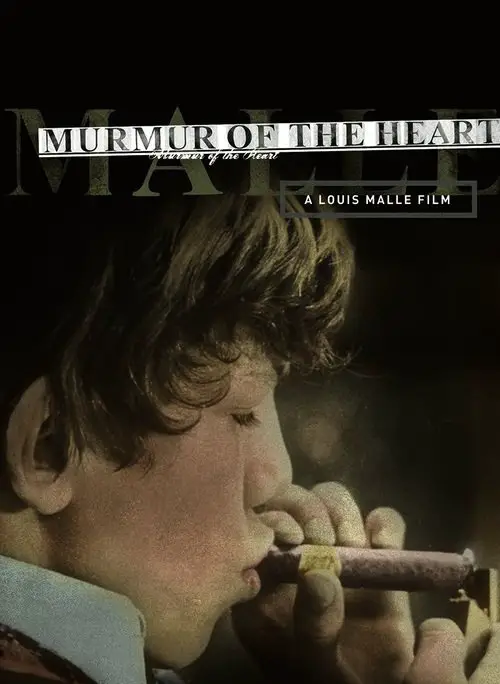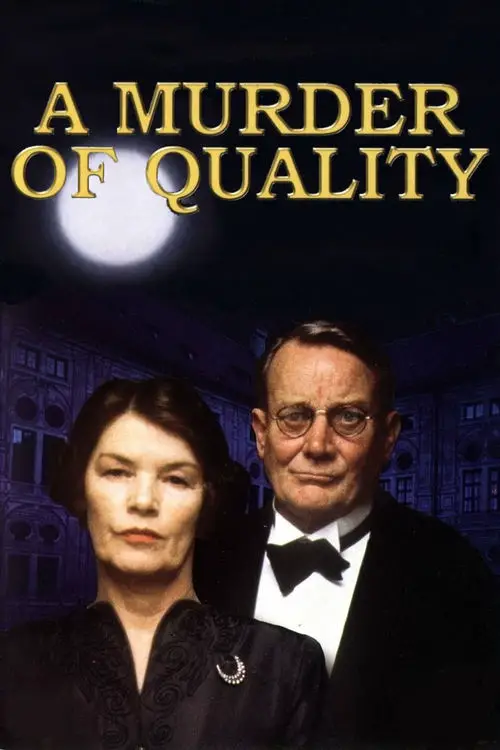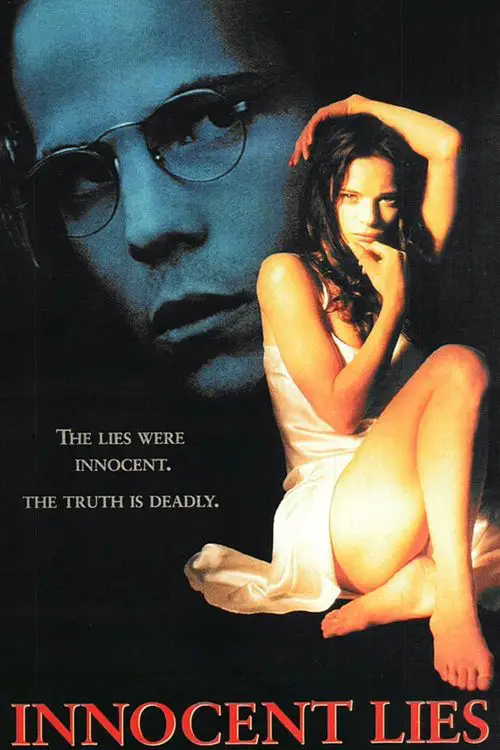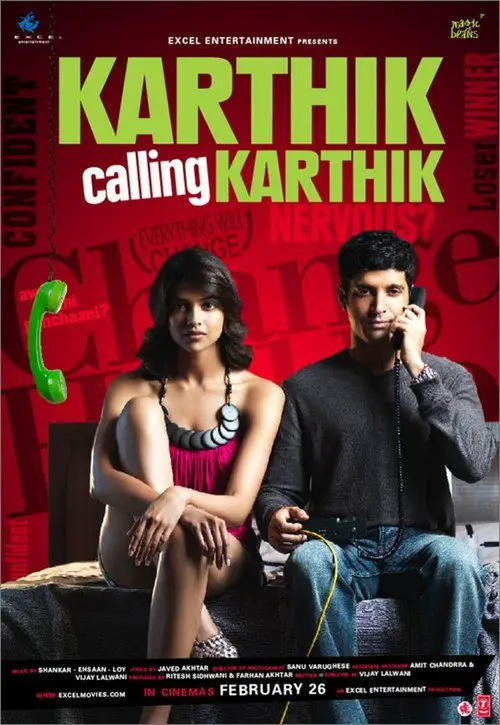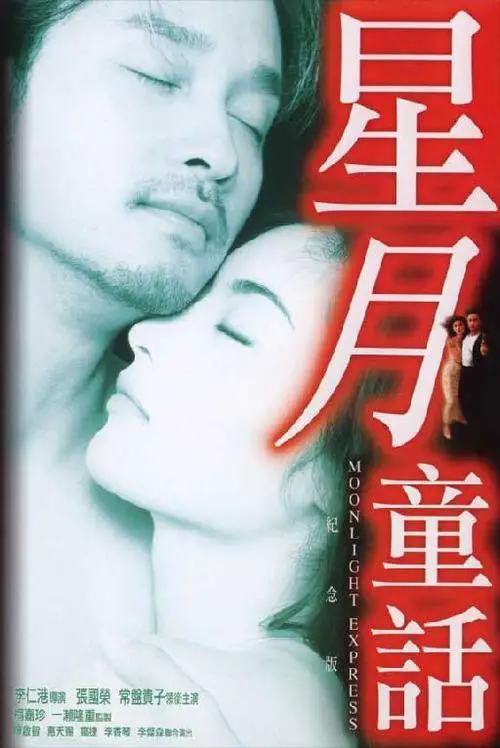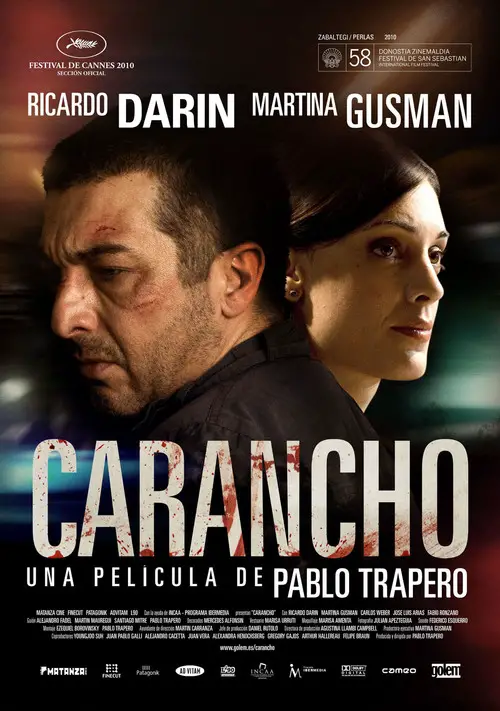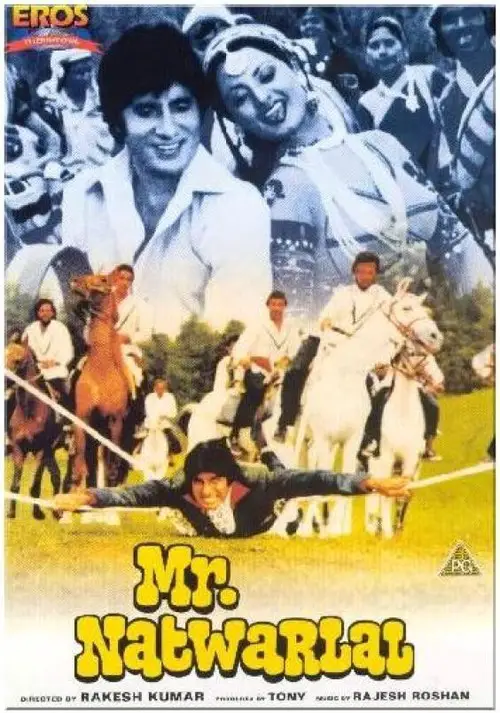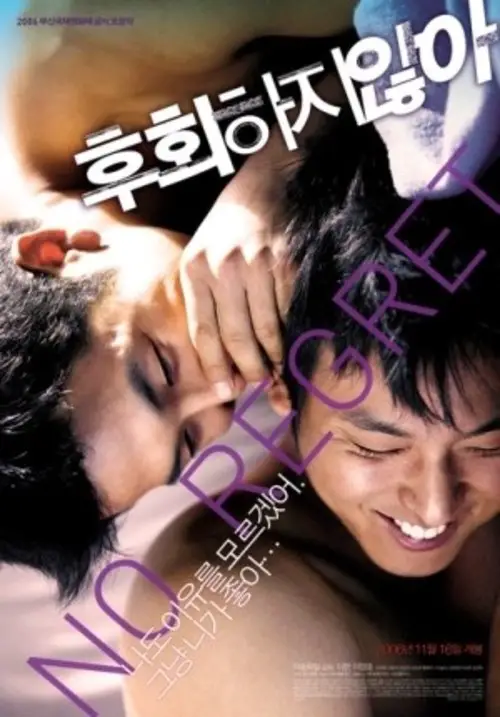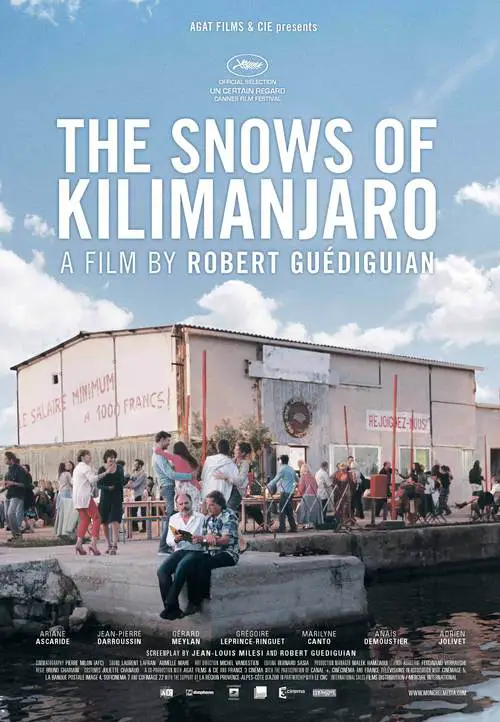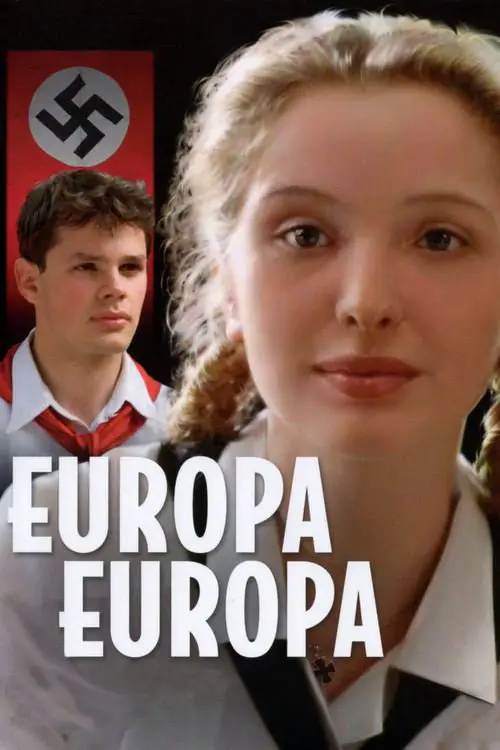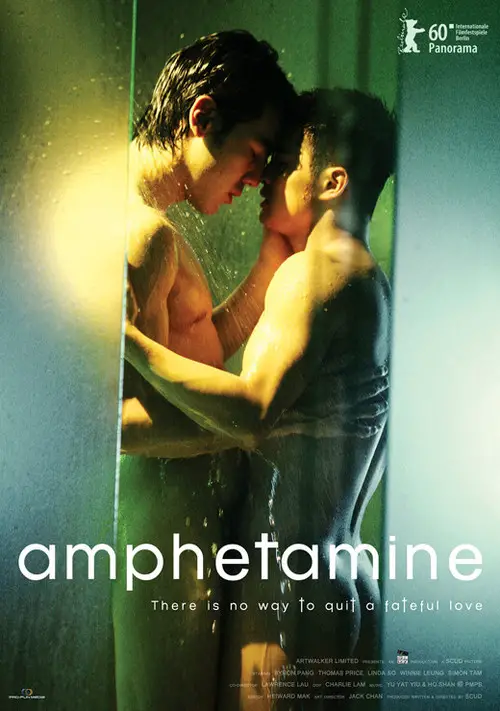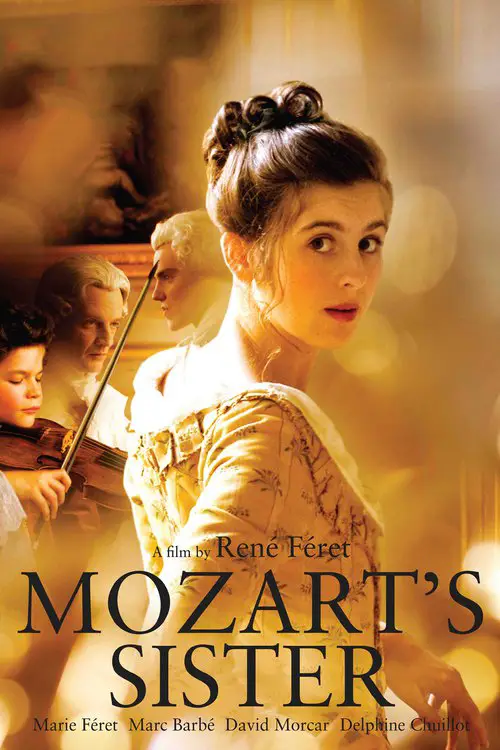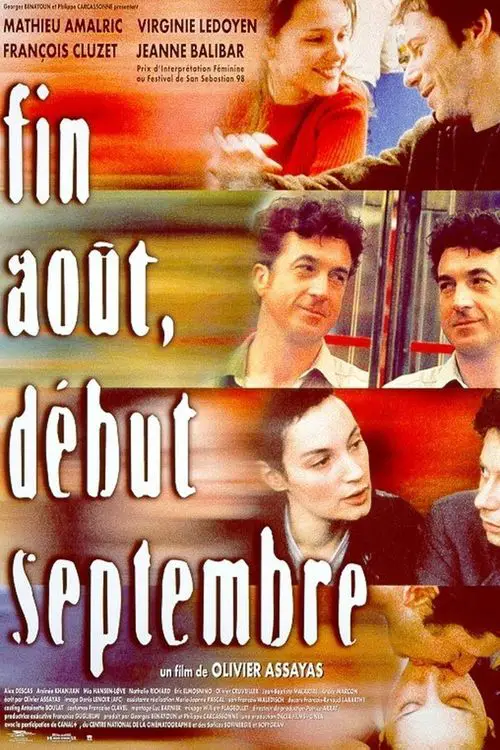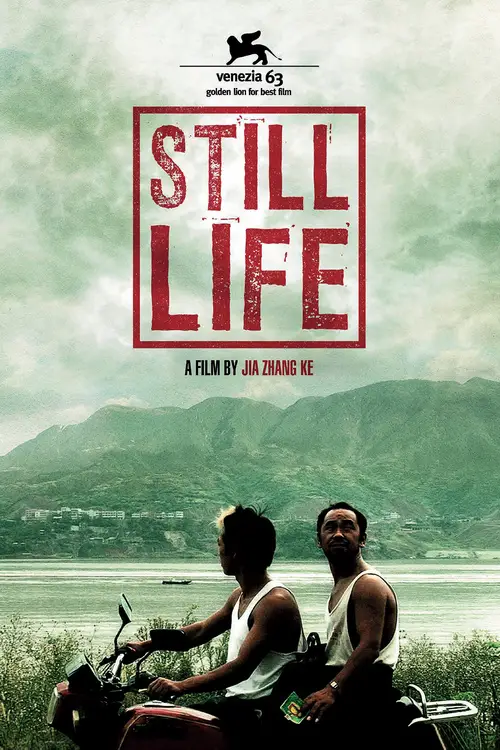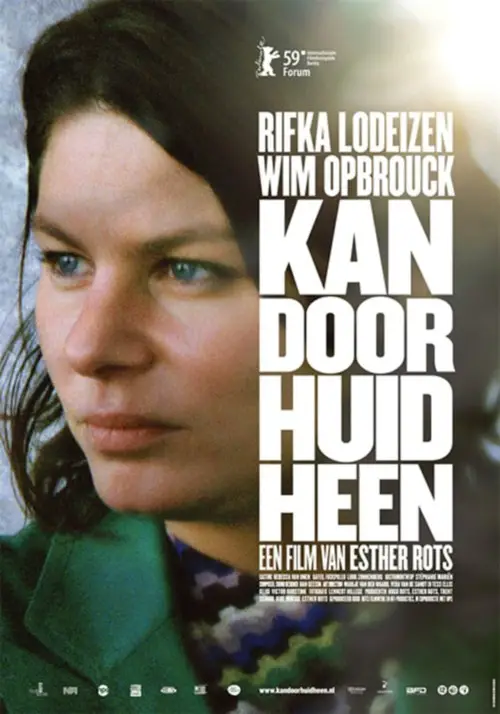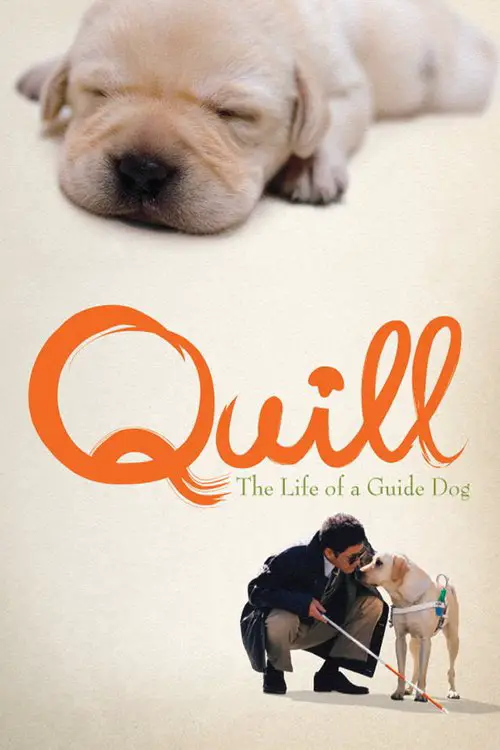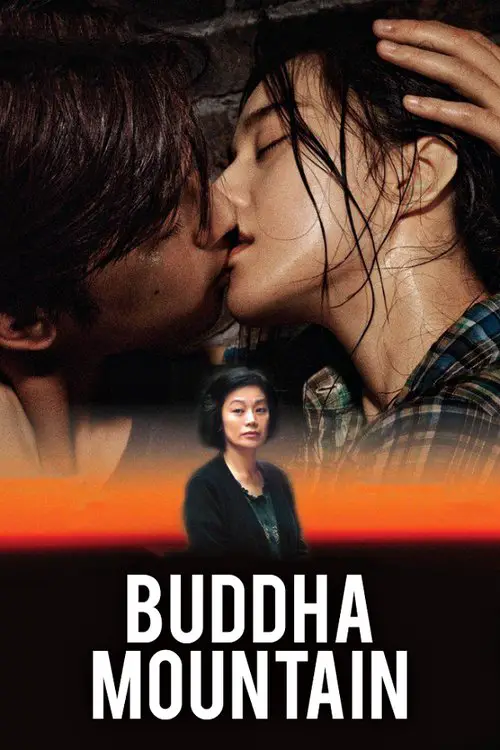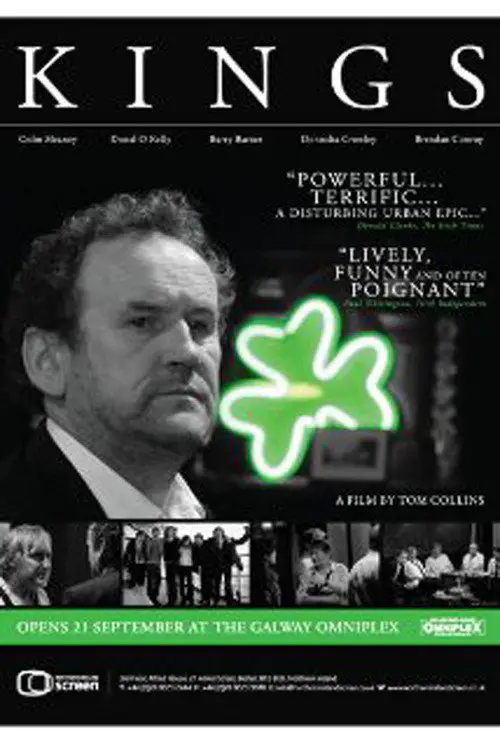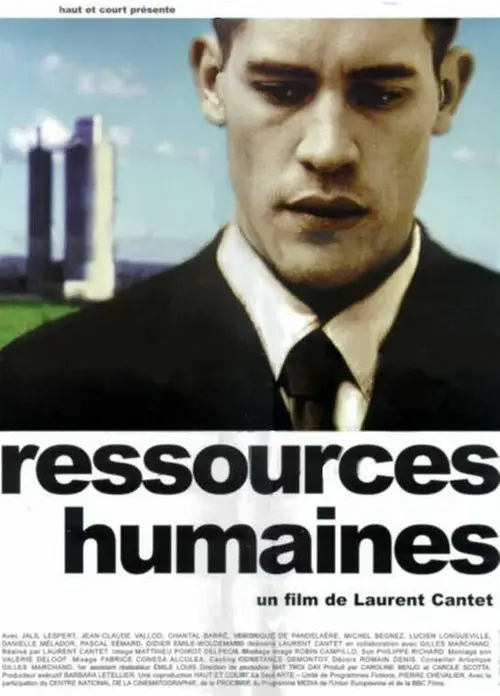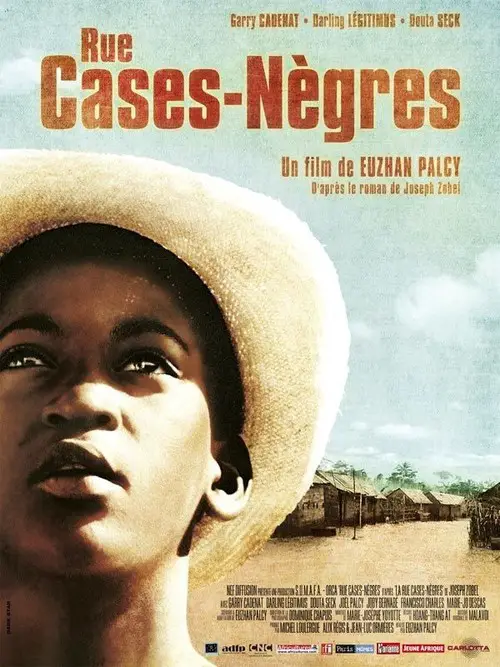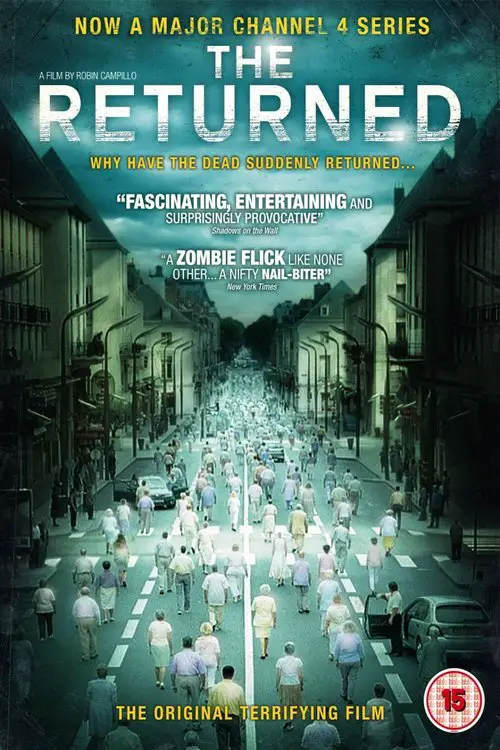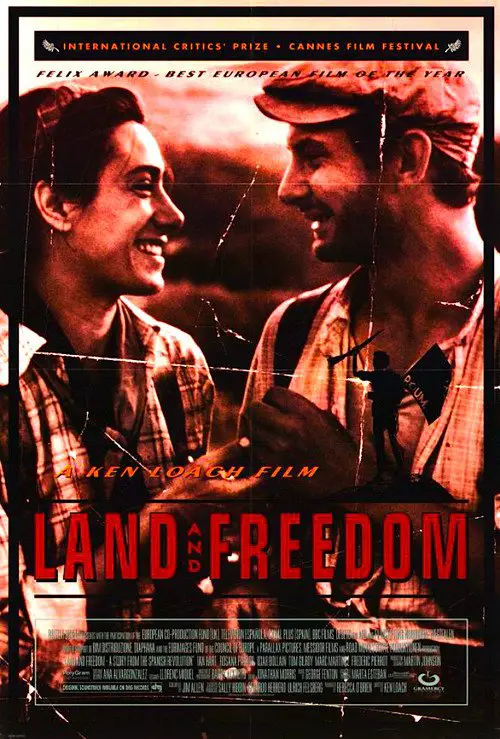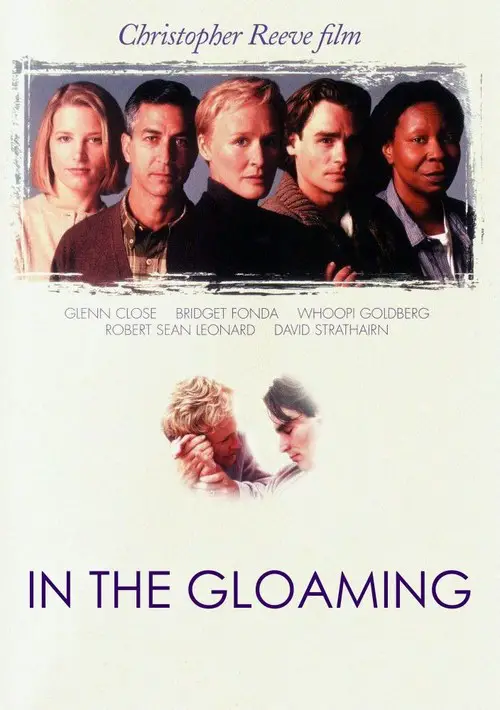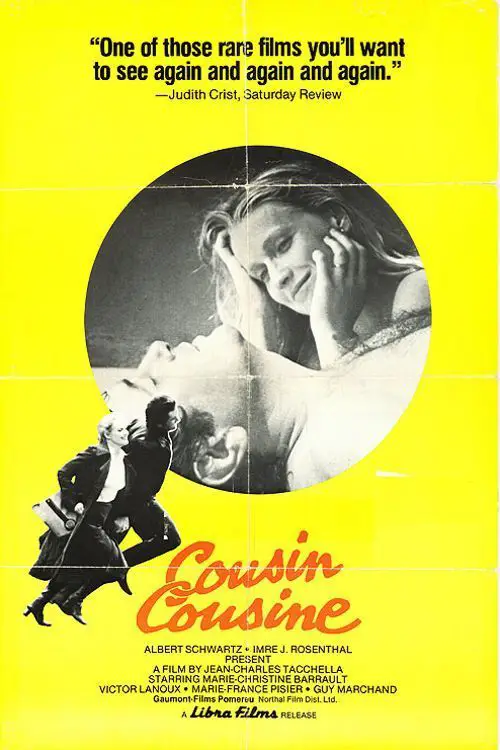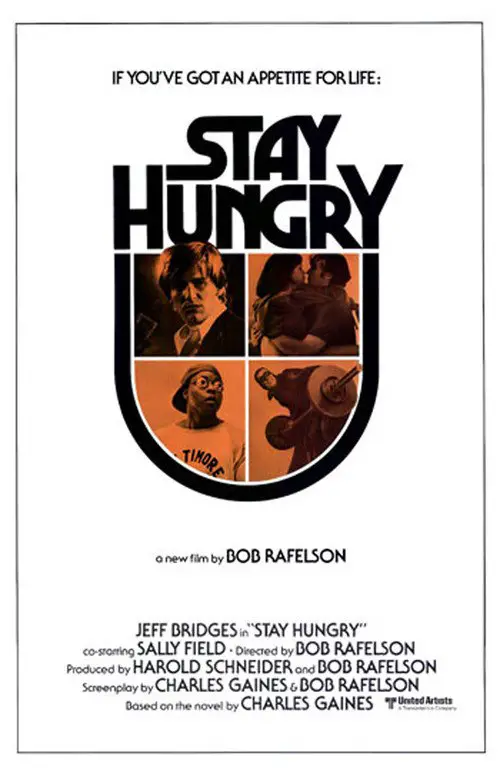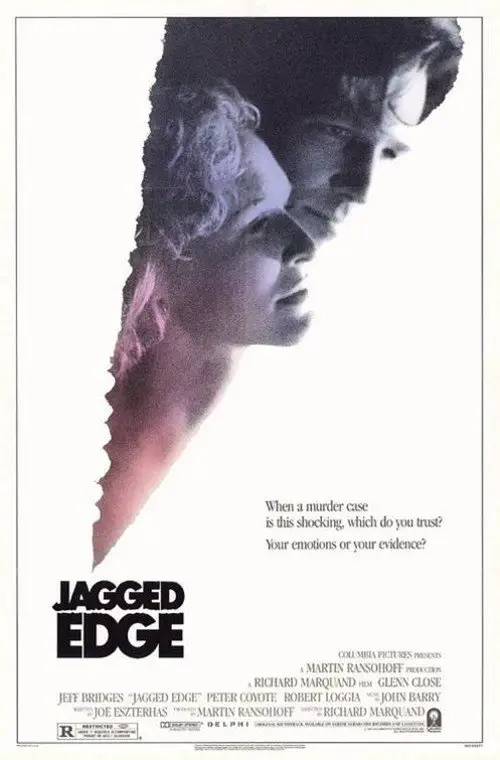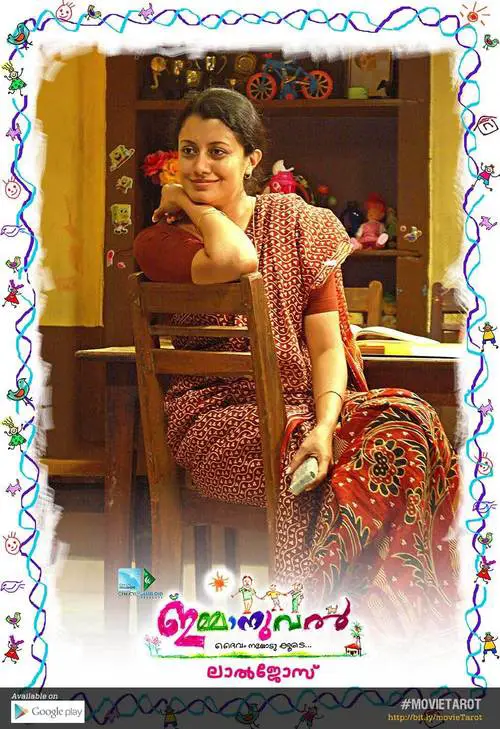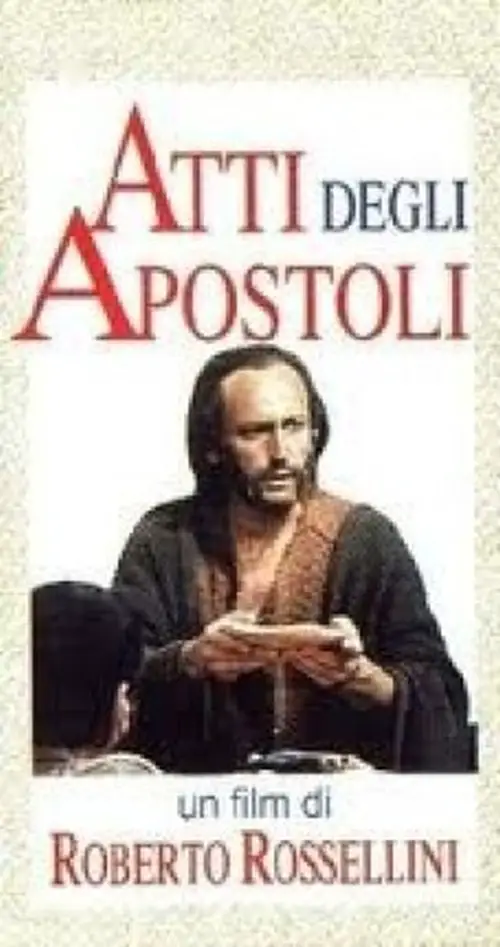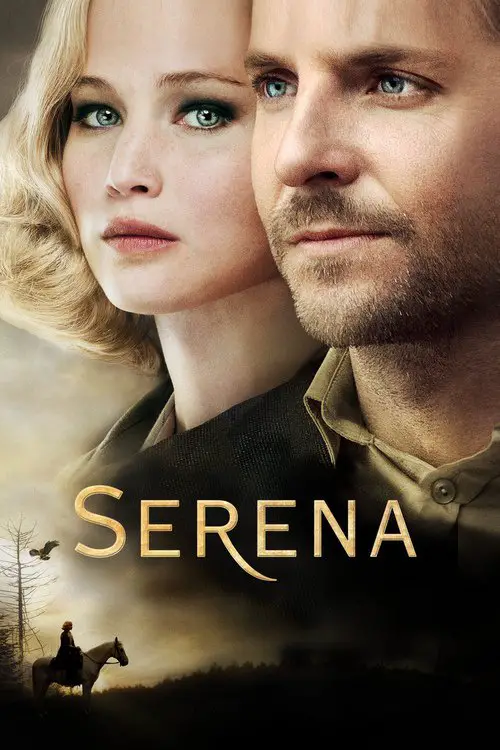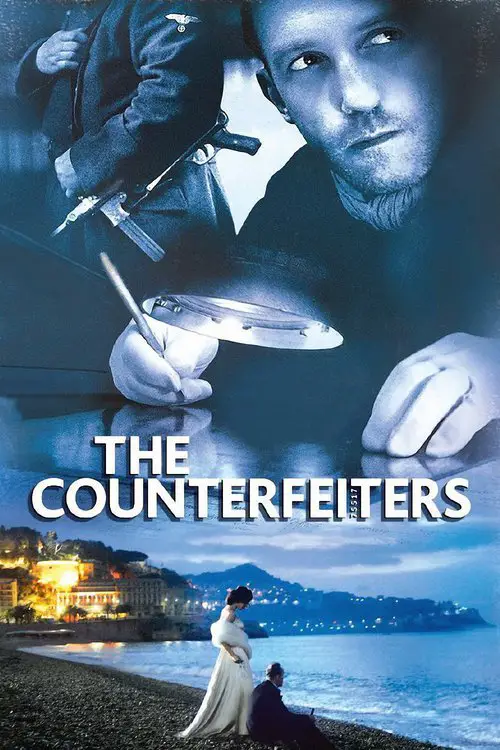Labour Equals Freedom (2004)
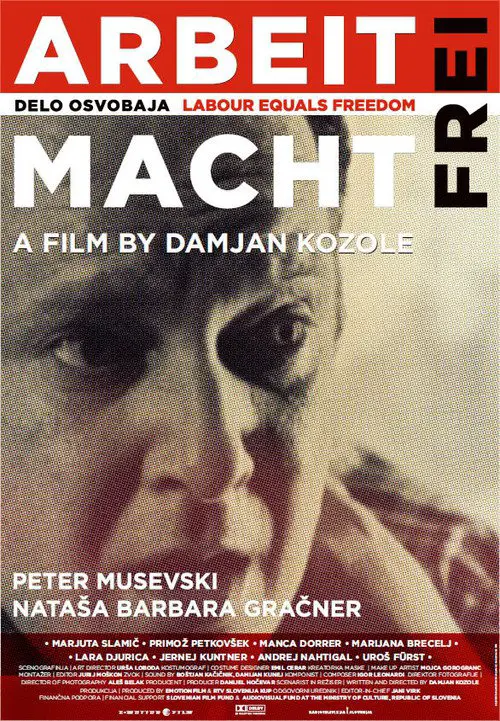
Similar movies
In a small town still occupied by the Germans as World War II's tide is turning toward the Allies, apprentice train-watcher Milos is oblivious to the war. Instead, he is obsessed with having his first sexual experience. Despite the favors of train conductor Masa, Milos has no luck. His quest leads him to a female Resistance fighter who, in passing, recruits him to the cause. As Milos finally finds love, danger draws closer.
In a farmhouse in southern Italy, an old woman dies. Her husband summons their sons: from Rome, Raffaele, a judge facing a political case for which he risks assassination; from Naples, the religious and ideological Rocco, a counselor at a correctional institute for boys; from Turin, Nicola, a factory worker involved in labor disputes. Once home, each encounters the past and engages in reveries of what may come: Raffaele imagines his death, Rocco dreams of lifting the youth of Naples out of violence, drugs, and corruption, Nicola pictures embracing his estranged wife. Meanwhile, the old man and his young granddaughter explore the rhythms of the farm and grieve together.
In a small valley, riders pursue and kill a man. A horse thief, so his assassins claim. But for his ten year old son Issa, the disappearance of his father causes an avalanche of problems. With the family name stigmatized, Issa is bullied by the other children in the village. While his mother fights to clear her husbands name, Issa is left to his own devices. But unexpectedly, his solitude gives birth to his freedom, his real passion, horses.
The film depicts a strike in 1903 by the workers of a factory in pre-revolutionary Russia, and their subsequent suppression. The film is most famous for a sequence near the end in which the violent putting down of the strike is cross-cut with footage of cattle being slaughtered, although there are several other points in the movie where animals are used as metaphors for the conditions of various individuals. Another theme in the film is collectivism in opposition to individualism which was viewed as a convention of western film.
NELU, a man in his forties, works as a security guard in the local supermarket in Salonta, a small town on the Romanian-Hungarian border. This is the place where many illegal emigrants try to cross, by any means posible, to Hungary and then further to Western Europe. One morning, NELU will âfishâ something different out of the river: a Turkish man trying to cross the border. Not able to communicate verballly, the two men will somehow understand each other. NELU takes the stranger to the farmhouse, gives him some dry clothes, food and shelter. He doesnât really know how to help this stranger. The Turkish man gives NELU all the money he has on him so he will help him cross the border. Eventually, NELU takes the money and promises he will help him cross the border tomorrow, MORGENâ¦
After being abandoned for eight straight years in boarding school, Rohan returns to the small industrial town of Jamshedpur and finds himself closeted with an authoritarian father and a younger half brother who he didn't even know existed. Forced to work in his father's steel factory and study engineering against his wishes, he strives to forge his own life out of his given circumstances and pursue his dream of being a writer.
An Hungarian youth comes of age at Buchenwald during World War II. György Köves is 14, the son of a merchant who's sent to a forced labor camp. After his father's departure, György gets a job at a brickyard; his bus is stopped and its Jewish occupants sent to camps. There, György find camaraderie, suffering, cruelty, illness, and death. He hears advice on preserving one's dignity and self-esteem. He discovers hatred. If he does survive and returns to Budapest, what will he find? What is natural; what is it to be a Jew? Sepia, black and white, and color alternate to shade the mood.
This is a jolly coming-of-age story about a 15-year-old boy named Laurent Chevalier who is growing up in bourgeois surroundings in Dijon, France. This is France in the mid-1950s rather than America in the 1990s. Thus, Laurent is unharmed by events which would irreparably shatter the self-esteem of a modern American adolescent: he gets drunk, he smokes, he has sex, he is smothered by his mother, he is ignored by his father, a priest makes a pass at him, he gets rheumatoid fever, etc. There's enough scandalous behavior in this film to make 100 made-for-TV movies, and yet this is a very happy and oddly innocent tale.
At the request of his old war time colleague Ailsa Brimley, George Smiley agrees to look into the murder of Stella Rode. Brimley had only just received a letter from her saying she feared for her life at her husband's hand. The husband, Stanley Rode teaches at Carne School, but Smiley is doubtful that he had anything to do with his wife's death. As Smiley investigates, he learns that Stella was a nosy busybody who loved to learn other's little secrets and then gossip about them - or possibly blackmail them. When a student is killed and Smiley unearths a secret, he has the evidence to name the killer.Based on John Le Carré's 1962 thriller (his first) in which George Smiley is brought out of spy retirement to solve a murder in a British public school. The setting is based on Le Carre"s own schooldays in Sherborne and his brief experience teaching at Eton.
On a sight-seeing road trip of India, U.K. based Manav Mehta meets Mansi, the daughter of a singer, Tarababu. He is attracted to her, and makes his attraction known. She also is attracted to him eventually. Her dad approves of Manav, and both go to Bombay to meet his family. On their arrival itself, they are shunned and treated as second class citizens, and this lasts throughout the day.
Meet Karthik: an introvert by nature and shy by choice. Karthik suffers with huge confidence issues and is miserable at his just average job that yields less than average results.His boss treats him like dirt. Shonali, his colleague who he secretly loves doesnât even know he exists. Karthik is a loser, knows it, and accepts it.Karthik believes his life cant get any worse and then suddenly one night, it happens; The phone rings. And Karthik speaks to someone he never though he would - He speaks to a man who also claims to be Karthik. The man on the phone says that he is here to change Karthikâs life.Karthik accepts the phone in his life and soon it becomes his guide, his mentor, friend and guardian. And most importantly it becomes the ticket to the love of his life, Shonali and Karthikâs life changes in ways that he hadnât imagined.
On the eve of her Japanese wedding, Hitomi (Takako Tokiwa) loses her fiance, Tatsuya, to a car accident. She travels to Hong Kong seeking solace and meets undercover cop Karbo -- a dead ringer for Tatsuya. The duo is forced to take it on the lam when a corrupt colleague frames Karbo, and Hitomi soon finds herself torn between her love for Tatsuya and her blossoming feelings for her fellow fugitive. Leslie Cheung plays Tatsuya and Karbo.
A recently married scholar goes on a quest for knowledge of other people's wives, based on his philosophical differences with the Sack Monk. He encounters the Flying Thief, who agrees to help him find women, but only if he attains a penis as big as a horse's. The scholar has a surgeon attach said unit, and he's off and running on his mission, only to find that there are obstacles to his new lifestyle, such as jealous husbands and treacherous females.
In Argentina over 8,000 people die in traffic accidents every year. Behind each of these tragedies is a flourishing industry founded on insurance payouts and legal loopholes. Sosa is a lawyer who tours the A&E Departments of the public hospitals and the police stations in search of potential clients. Luján is a young doctor recently arrived from the provinces. Their love story kicks off one night when Luján and Sosa meet in the street. She's trying to save a man's life; he wants him on his client portfolio
Amélie, a young Belgian woman, having spent her childhood in Japan, decides to return to live there and tries to integrate in the Japanese society. She is determined to be a "real Japanese" before her year contract runs out, though it precisely this determination that is incompatable with Japanese humility. Though she is hired for a choice position as a translator at an import/export firm, her inability to understand Japanese cultural norms results in increasingly humiliating demotions. Though Amelie secretly adulates her, her immediate supervisor takes sadistic pleasure in belittling her all along. She finally manages to break Amelie's will by making her the bathroom attendant, and is delighted when Amelie tells her the she will not renew her contract. Amelie realizes that she is finally a real Japanese when she enters the company president's office "with fear and trembling," which could only be possible because her determination was broken by Miss Fubuki's systematic torture.
Kawariki must become the leader of the family after his father retires in this intimate drama. A husband and father, he realizes that in order to lead with integrity, he must come out and be honest about his own life, even though it will test the boundaries of acceptance and unconditional love. Offering valuable insights into Maori traditions, family ideals and cultural values, this feature debut is rich and textured with emotional layers and stunning New Zealand landscapes. Written by Websurfer (IMDB.com)
Mr. Natwarlal is a 1979 Hindi Action comedy movie. Produced by Tony Glaad it is directed by Rakesh Kumar. Natwar is just a young boy when his beloved older brother and caretaker, police officer Gridharilal (Ajit), is framed for bribery by sinister criminal mastermind Vikram (Amjad Khan). When he grows up, Natwar (Amitabh Bachchan) creates a secret identity for himself, posing as a powerful and mysterious underworld figure named Mr. Natwarlal, determined to slowly but surely exact vengeance on Vikram. - via Wikipedia ( http://en.wikipedia.org/wiki/Mr._Natwarlal )
Sumin is an orphan trying to balance work in a factory with study at art college and an evening job. One night a rich young businessman tries to proposition him during one of his driving jobs. They meet again the next day: it is during a round of redundancy cuts at the factory where Sumin refuses an attempt by a man (who is in fact the boss' son Jaemin) to save his job.
Openly gay banker Daniel debates whether to return to Australia or stay in Hong Kong when he meets Kafka, a straight swimming instructor. The young men fall in love, believing that their love can bridge anything, despite their difference in sexuality and Kafka's increasing drug use. Daniel does not regret his love for Kafka, who tries to love him back against his nature. But a flashback memory from Kafka's past makes it difficult for their relationship to work.
A story about the transition from late youth to early maturity, the film follows several friends and lovers as they come to make decisions on how to live their lives--getting a job more in harmony with ones ideals, committing to a lover, giving up a lover that no longer loves you: a film about grown-ups growing up.
A series of overlapping stories about four suburban families dealing with different maladies. Esther Gold's life is consumed by caring for her comatose son; Jim Train is sent into a tailspin when he's passed over for a promotion; Annette Jennings' family is struggling in the wake of her divorce; Helen Christianson is determined to shake up her mundane life.
Still Life (Chinese: ä¸å³¡å¥½äºº; pinyin: SÄnxiá hÇorén; literally: "Good people of the Three Gorges") is a 2006 Chinese film directed by Jia Zhangke. Shot in the old village of Fengjie, a small town on the Yangtze River which is slowly being destroyed by the building of the Three Gorges Dam, Still Life tells the story of two people in search of their spouses.
The movie is about five couples who are on their honeymoon at Ooty and share the same hotel. All of them are pretty newly wed except for one who are celebrating their wedding anniversary. Together the couples take many tours and visit sites together in Ooty and get to know each other on a personable level. Slowly and steadily host of stories open up about each of them.
a brutal assault changes Mariekes life. She leaves her familiar city rhythms for the solitude of a isolated house in the countryside. Her irrational fears on the frozen farm are a constant struggle. As springs' orchestra begins, her curiosity for new things that cover the cold rot of winter pull her out of the suffocating interior of her mind. Slowly she accepts the help of John, her neighbour.
As a Labrador puppy, Quill is sent to live with a couple, Isamu and Mitsuko Nii, who work as volunteers, training guide dogs (seeing eye dogs). When he grows to an adult dog, he is taken to a guide dog school, by a friendly, yet firm trainer Satoru Tawada. Although Quill is a little slower than the other dogs at the school, he seems to have an unusual 'empathy' and remarkable patience with his trainers. Tawada decides that Quill would be the ideal guide dog for Mitsuru Watanabe, but Wanatabe, a lonely and ill-tempered middle aged man, isn't as enthusiastic - he would "would rather sleep than be dragged around by a dog.". From here, the story is narrated by Wanatabe's daughter, Mitsuko, and slowly, Wantanbe is rehabilitated, venturing into the outside world, and learning, not only to trust other humans, but the animal at his side who guides him.
Ding Bo (Chen Po Lin, think a young Takeshi Kaneshiro before the surgeries) and his friends Nan Feng (Fan Bingbing) and Fei Zao aka Fatso (Fei Long) are a trio of 20-something outsider-y types that have no intention of sitting exams and getting into universities. When they need a new home for assorted reasons, they answer an ad placed by lonely, retired Chinese opera singer Chang Yue Qin (the awesome-as-usual Sylvia Chang), who is mourning the death of her son, and move into her sprawling Chengdu apartment. Right off the bat, the foursome clash over lifestyle and values, with the bratty trio seeing fit to steal from her and invade her privacy. However, slowly but surely a bond among them develops and everyone eventually learns something from the next.
In the mid 1970s a group of young men leave the Connemara Gaeltacht, bound for London and filled with ambition for a better life. After thirty years, they meet again at the funeral of their youngest friend, Jackie. The film intersperses flashbacks of a lost youth in Ireland with the harsh realities of modern life. For some the thirty years has been hard, working in building sites across Britain. Slowly the truth about Jackie's death become clear and the friends discover they need each other more than ever. However, by the end, the friends split up for good, going their separate ways.
This fiction-documentary hybrid uses a sensational real-life eventâthe arrest of a young man on charges that he fraudulently impersonated the well-known filmmaker Mohsen Makhmalbafâas the basis for a stunning, multilayered investigation into movies, identity, artistic creation, and existence, in which the real people from the case play themselves.
Jan DÃtÄ has been released from a Czech prison just before the very end of his 15-year sentence. Settling in a town near the border, he occupies his time with rebuilding a deserted house, and recalling his past. His main wish in life was to be a millionaire. Jan begins his career as a frankfurter vendor, and slowly learns the power of money and the influence it exerts over people.
A guy is found by the police swimming naked. He can't, or refuses to, speak and is sent to a hospital. Since no diagnosis can be made, he will be transferred to a mental hospital, when his male nurse decides to take another route. Slowly the reason for his speechlessness becomes clear. Together with the nurse's girlfriend and a female friend of the silent stranger, their history is explained
Martinique, in the early 1930s. Young José and his grandmother live in a small village. Nearly everyone works cutting cane and barely earning a living. The overseer can fine a worker for the smallest infraction. The way to advance is to do well in school. José studies hard and succeeds in an exam allowing him to attend school in the capital. With only a partial scholarship, the tuition is very costly. José and his grandmother move to Fort-de-France to make José's studies easier...
The movie narrates the story of David Carr, an unemployed worker and member of the Communist Party of Great Britain. In 1936 he decides to fight for the Republican side in the Spanish Civil War, an anti-fascist coalition of liberals, communists and anarchists. Similar to George Orwell's experiences documented in Homage to Catalonia, he joins the POUM worker militia and witnesses first hand the betrayal of the Spanish revolution by the Stalinists, loyal only to the dictat of Moscow.
After decades of laboring as a Glasgow shipbuilder, Frank Redmond, a no-nonsense 55-year-old working-class man, suddenly finds himself laid off. For the first time in his life, he is without a job or a sense of direction, and he's too proud to ask for guidance. His best mates - rascally Danny, timid Norman and cynical Eddie - are there for him, but Frank still feels desperately alone. An offhand remark from Danny inspires Frank to challenge himself. Already contemplating the state of his relationships with loving wife Joan and all-but-estranged son Rob, Frank is determined to shore up his own self-confidence. He will attempt the near impossible - swimming the English Channel.
Norma Rae is a southern textile worker employed in a factory with intolerable working conditions. This concern about the situation gives her the gumption to be the key associate to a visiting labor union organizer. Together, they undertake the difficult, and possibly dangerous, struggle to unionize her factory.
Fast Eddie Felson is a small-time pool hustler with a lot of talent but a self-destructive attitude. His bravado causes him to challenge the legendary Minnesota Fats to a high-stakes match, but he loses in a heartbreaking marathon. Now broke and without his long-time manager, Felson faces an uphill battle to regain his confidence and his game.
Stay Hungry is a 1976 dramatic comedy film by director Bob Rafelson from a screenplay by Charles Gaines. The story centers on a young Birmingham, Alabama, scion, played by Jeff Bridges, who gets involved in a shady real-estate deal. In order to close the deal, he needs to buy a gym building to complete a multi-parcel lot. When he visits the gym, however, he finds himself romantically interested in the receptionist (Sally Field) and drawn to the carefree lifestyle of the Austrian body builder "Joe Santo" (Arnold Schwarzenegger) who is training there for the Mr. Universe competition.
San Francisco heiress Page Forrester is brutally murdered in her remote beach house. Her husband Jack is devastated by the crime but soon finds himself accused of her murder. He hires lawyer Teddy Barnes to defend him, despite the fact she hasn't handled a criminal case for many years. There's a certain chemistry between them and Teddy soon finds herself defending the man she loves.
The film follows the character of Immanuel who works in a book publishing firm. When the company is closed down due to unexpected reasons, Immanuel and his family find it difficult to make both ends meet. The hardships and harsh realities he faces forces him to see himself and his life in a new perspective that is often outside his personal comfort zone.
This dramatization from the New Testament originated as a 342-minute, five-part television mini-series; it was subsequently released in a shortened, 280-minute version. In part one, the Apostles call the pilgrims of Jerusalem to be baptized, and Peter (Jacques Dumur) and John (Mohamed Kouka) are arrested by the Sanhedrin but later set free. In part two, Stephen (Zignani Houcine) is stoned for disobeying Mosaic Law, Philip (Bepy Mannaiuolo) baptizes an Ethiopian eunuch, and Saul (Edoardo Torricella) is blinded by the Lord while journeying to Damascus. In part three, Peter baptizes a centurion and Saul, renamed Paul, makes his first mission journey from Antioch in Syria to Pisidian Antioch. In part four, Paul preaches the equality before God of both the circumcised and uncircumcised. In part five, Paul is arrested in Jerusalem and sent to stand trial in Rome.
In 1893, Gandhi is thrown off a South African train for being an Indian and traveling in a first class compartment. Gandhi realizes that the laws are biased against Indians and decides to start a non-violent protest campaign for the rights of all Indians in South Africa. After numerous arrests and the unwanted attention of the world, the government finally relents by recognizing rights for Indians, though not for the native blacks of South Africa. After this victory, Gandhi is invited back to India, where he is now considered something of a national hero. He is urged to take up the fight for India's independence from the British Empire. Gandhi agrees, and mounts a non-violent non-cooperation campaign of unprecedented scale, coordinating millions of Indians nationwide. There are some setbacks, such as violence against the protesters and Gandhi's occasional imprisonment. Nevertheless...
North Carolina mountains at the end of the 1920s â George and Serena Pemberton, love-struck newly-weds, begin to build a timber empire. Serena soon proves herself to be equal to any man: overseeing loggers, hunting rattle-snakes, even saving a manâs life in the wilderness. With power and influence now in their hands, the Pembertons refuse to let anyone stand in the way of their inflated love and ambitions. However, once Serena discovers Georgeâs hidden past and faces an unchangeable fate of her own, the Pembertonâs passionate marriage begins to unravel leading toward a dramatic reckoning.
© Valossa 2015–2025
| Privacy Policy


